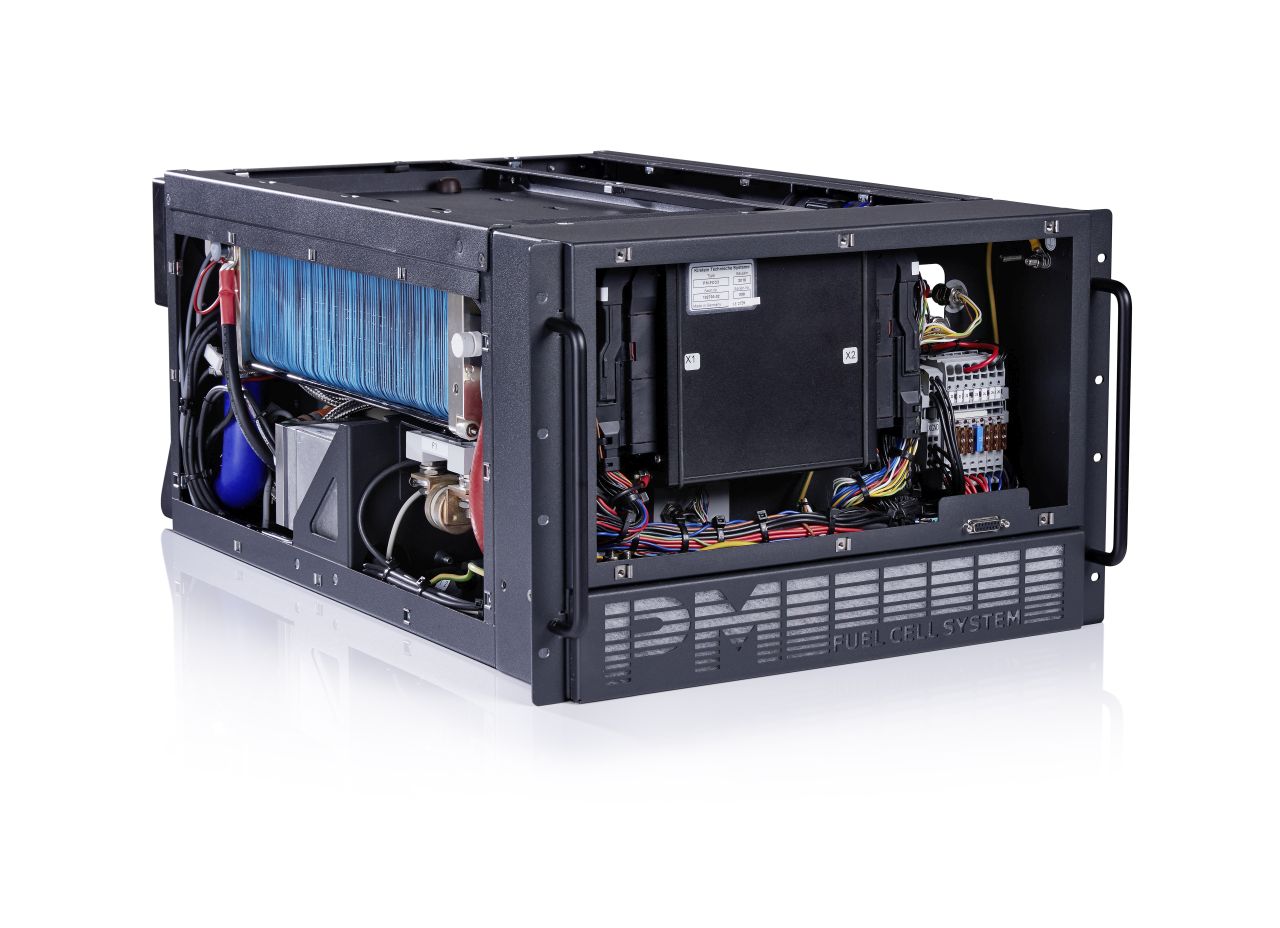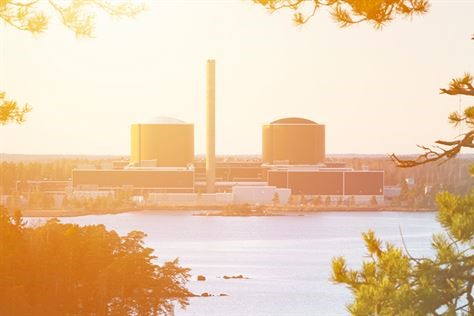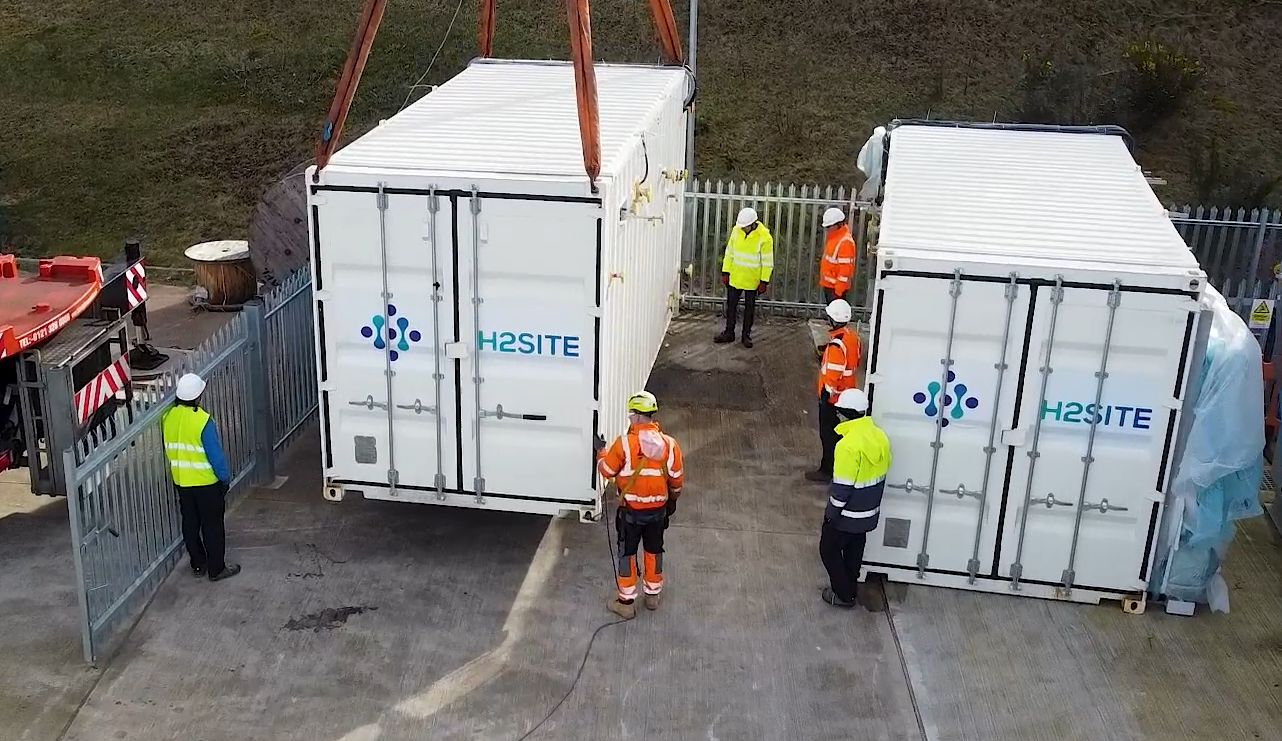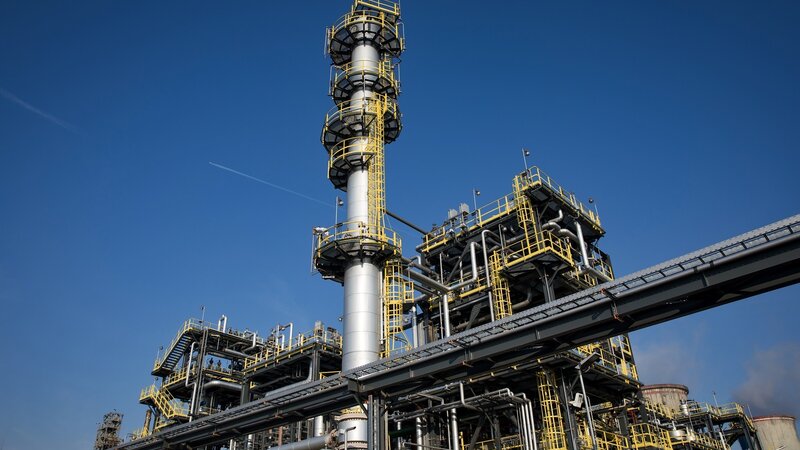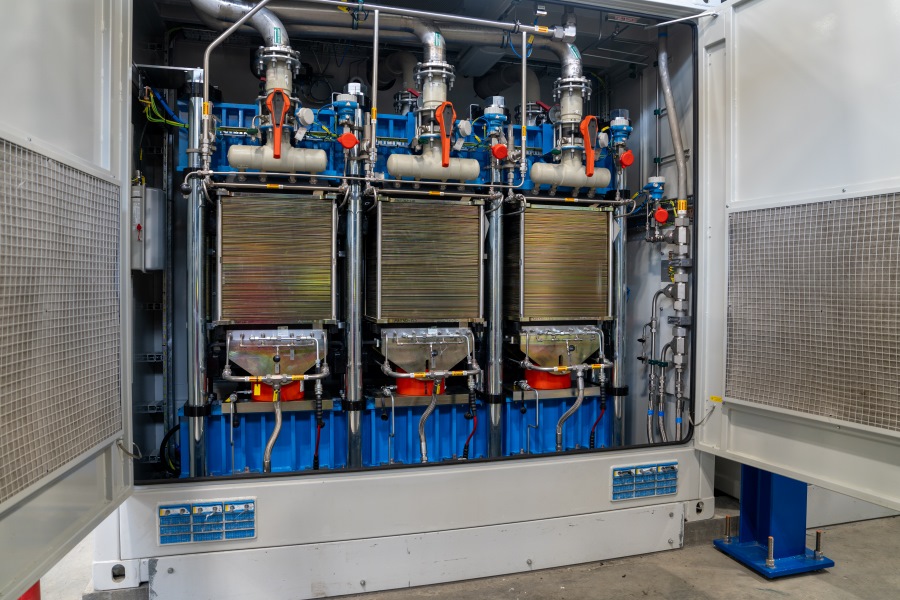
Wärtsilä launches world’s first large-scale 100% hydrogen-ready engine power plant
Wärtsilä has launched the world’s first large-scale hydrogen-ready engine power plant that can be converted to run on 100% hydrogen. The new engine power plant is a significant advancement beyond existing technology, which can run on natural gas and 25 vol% hydrogen blends.



